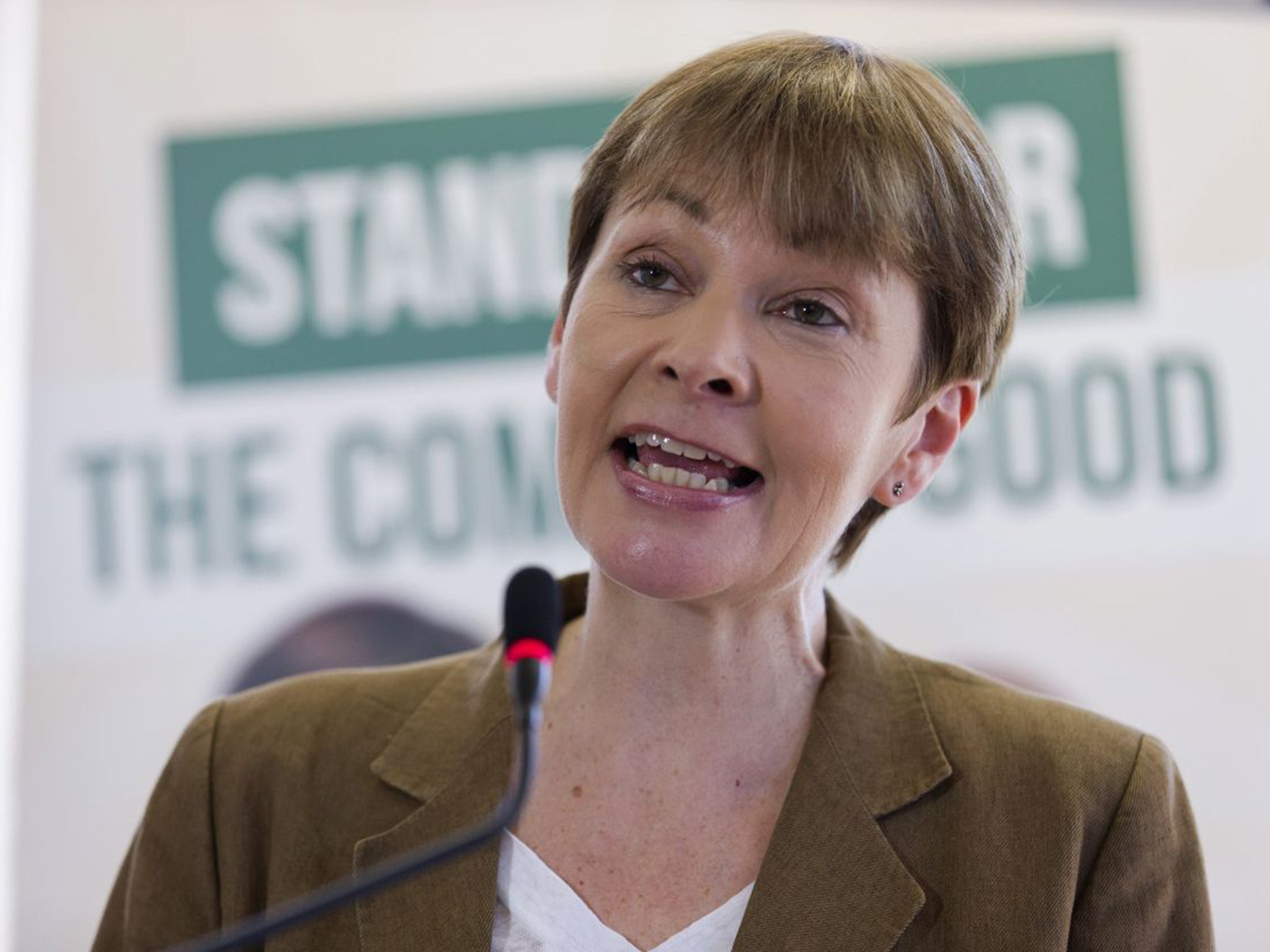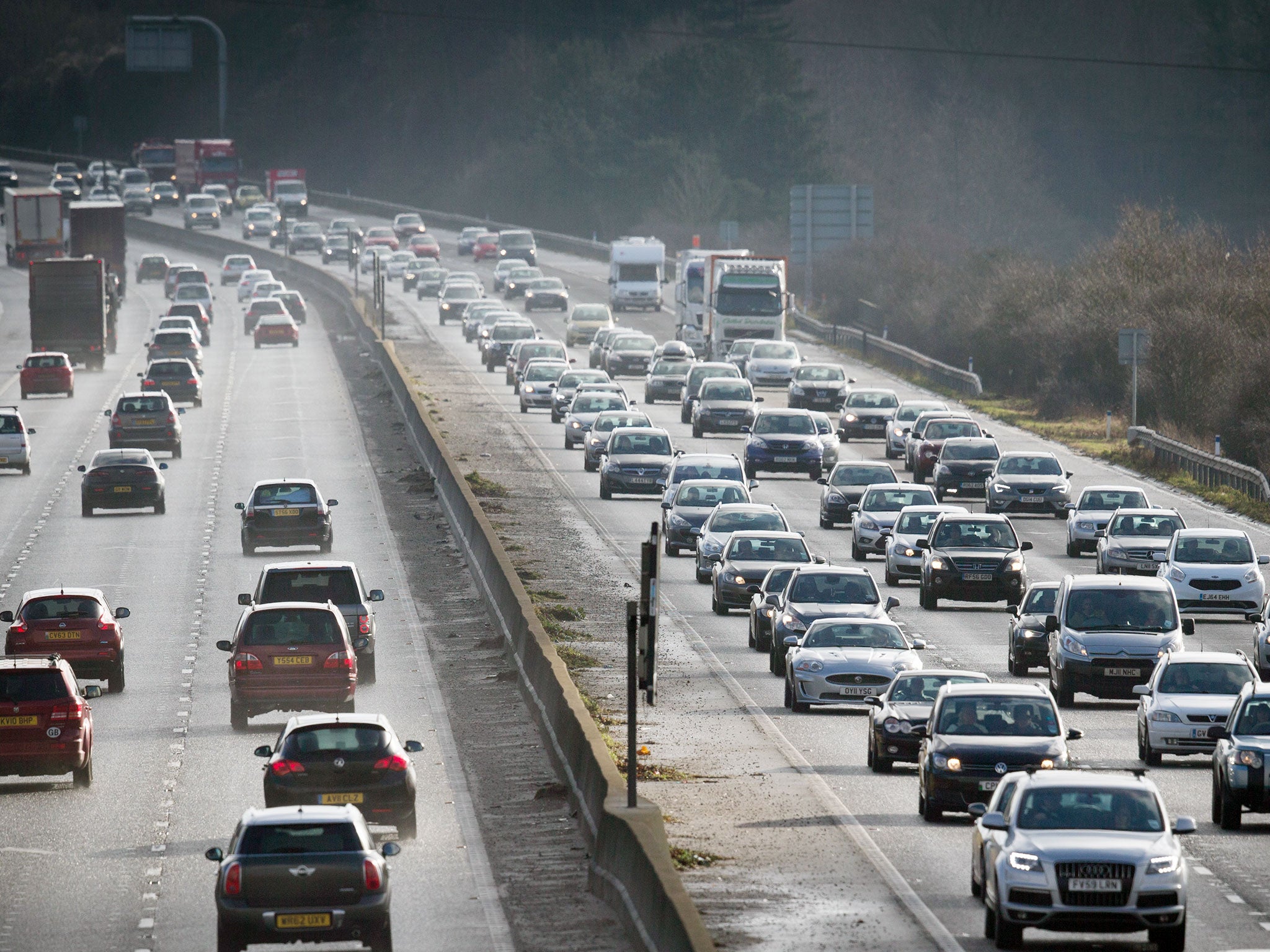Your support helps us to tell the story
From reproductive rights to climate change to Big Tech, The Independent is on the ground when the story is developing. Whether it's investigating the financials of Elon Musk's pro-Trump PAC or producing our latest documentary, 'The A Word', which shines a light on the American women fighting for reproductive rights, we know how important it is to parse out the facts from the messaging.
At such a critical moment in US history, we need reporters on the ground. Your donation allows us to keep sending journalists to speak to both sides of the story.
The Independent is trusted by Americans across the entire political spectrum. And unlike many other quality news outlets, we choose not to lock Americans out of our reporting and analysis with paywalls. We believe quality journalism should be available to everyone, paid for by those who can afford it.
Your support makes all the difference.Driving a car has continued to become significantly cheaper at the expense of bus and rail passengers, official figures show.
Despite regular warnings by car lobbyists of a ‘war on the motorist’, between 1980 and 2014 the cost of motoring fell by 14 per cent – but in the same period, bus fares increased by 58 per cent.
Rail travel has also become dramatically more expensive, with comparable ticket prices rising 63 per cent.
The current government has failed to reverse the trend, with the cost of motoring falling 5 per cent since 2010 but bus and rail passengers facing rises of 2 and 6 per cent respectively.
Policy under the current Government has tended to privilege motorists at the expense of people who use public transport.
The Chancellor George Osborne has foregone millions of pounds in revenue by freezing fuel duty and even cancelling planned rises. Meanwhile, steep cuts have been made to bus and rail subsidies.
Green MP Caroline Lucas, who grilled ministers about the figures, said the Government was acting irresponsibly at a time when wages had barely risen.
“These shocking figures reveal the perverse priorities of the Government when it comes to transport,” she told the Independent.
“If the Government is serious about tackling climate change and, crucially, addressing this country’s terrible air pollution crisis, then we’d have seen the cost of public transport drop over the last few years.

“To make it easier for people to leave their cars at home and take fewer domestic flights, we need to see urgent cuts in train, coach and bus fares and real investment in public transport routes, as well as walking and cycling infrastructure.”
Earlier this year the MP for Brighton Pavilion said that fare rises on trains were good evidence for the failure of privatisation.
"No wonder rail passengers have had enough. Fares are increasing much faster than wages," she wrote in the Guardian newspaper.
The official statistics include costs such a fuel, ticket prices, insurance, and other charges.
Other pro-car policies promoted by ministers include a review of rules about parking on double yellow lines, curbs on enforcing parking rules, and a huge road-building programme.
Motoring has significant negative external costs. Around two thousand people are killed in road traffic accidents every year.
Researchers also estimate that traffic pollution alone kills 5,000 people a year in Britain, according to an analysis published in the Environmental Science and Technology journal.

Join our commenting forum
Join thought-provoking conversations, follow other Independent readers and see their replies
Comments